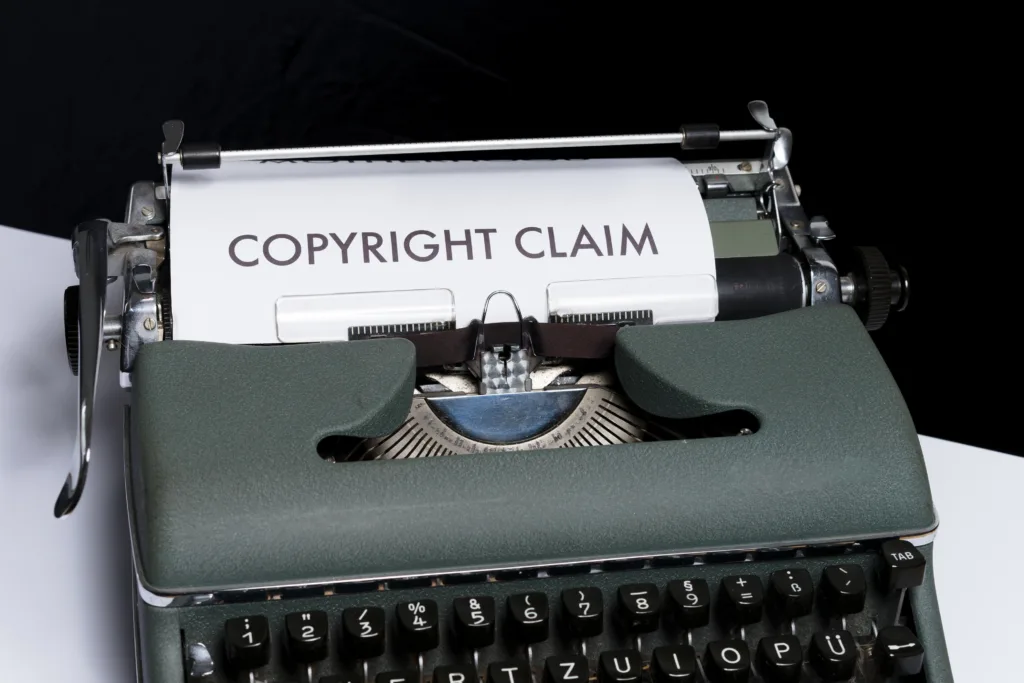In the world of gaming, the term “ROM” often comes up, especially in the context of emulators. But what exactly are ROMs, and why is there so much debate surrounding them?
ROM, an acronym for read-only memory, is a type of computer memory that stores data permanently. Unlike random-access memory (RAM), which can be written and rewritten, ROM is non-volatile and cannot be altered or erased easily. It contains instructions and data that are essential for a computer or electronic device to function properly.
In the context of video games, ROMs refer to software images of read-only memory, typically from game cartridges, that are used in emulation. Emulation allows a computer or gaming console to imitate the hardware and software of another system, enabling it to run games designed for that system. Emulators are software programs that make this possible, and ROMs are the game data that emulators use to recreate the gaming experience.
Emulators themselves are legal and often created by enthusiasts as a means of preserving and experiencing older games on modern hardware. They provide a way for gamers to play classic titles that may no longer be available on the original consoles. Emulation can also offer benefits such as enhanced graphics, save states, and the ability to play games from different regions.
However, the legality of ROMs is a contentious issue. While emulators are legal, ROMs are proprietary content owned by game developers and are usually protected by copyright. Downloading or distributing unauthorized ROMs without the permission of the copyright holder is considered copyright infringement and is illegal, similar to pirating movies or music.
It’s worth noting that the legality of ROMs can vary between countries. Different jurisdictions have different laws regarding copyright and intellectual property, so what may be legal in one country could be illegal in another. Additionally, the enforcement of these laws can vary, with some copyright holders actively pursuing legal action against ROM distributors and others taking a more relaxed approach.
It’s essential to respect copyright laws and support game developers by purchasing games legally. Many classic games are available through legitimate channels, such as digital marketplaces or re-releases on modern consoles. By purchasing games legally, you not only support the developers but also ensure that they can continue creating new and exciting gaming experiences.
ROMs are software images of read-only memory used in emulation. While emulators themselves are legal, downloading or distributing unauthorized ROMs is a form of copyright infringement and is illegal. It’s crucial to understand and respect copyright laws to support game developers and preserve the gaming industry.
Is It Illegal To Use ROMs?
It is generally considered illegal to use ROMs unless you own the original copy of the game. ROMs are essentially digital copies of game cartridges or discs, and downloading them from the internet without owning the original game is a violation of copyright laws.
Here are a few key points to consider:
1. Copyright Infringement: ROMs are protected by copyright, which grants exclusive rights to the creators of the games. Downloading and using ROMs without permission from the copyright holders is considered copyright infringement.
2. Ownership of Original Game: To legally use a ROM, you must already own the original game. This means that if you have a physical copy of a game and you want to create a digital backup for personal use, it may be permissible. However, distributing or sharing the ROM with others would still be illegal.
3. Emulator Legality: Emulators themselves are legal as they are software programs that mimic the functionality of a specific console or system. However, using an emulator to play copyrighted games without owning the original copies is still illegal.
4. Potential Consequences: Engaging in the unauthorized use of ROMs can have legal consequences. Copyright holders may take legal action against individuals involved in distributing or downloading copyrighted materials. Penalties can include fines, lawsuits, and even criminal charges in some cases.
It’s important to respect copyright laws and support the developers and publishers who create the games you enjoy. If you want to play retro games, consider purchasing official re-releases, using authorized digital platforms, or exploring legal alternatives such as game collections or remastered versions.

What Are ROMs In Gaming?
ROMs, in the context of gaming, refer to software images of read-only memory. Read-only memory, commonly known as ROM, is a type of memory that can only be read and cannot be written or modified. In the gaming world, ROMs typically represent the software stored in game cartridges or discs. These ROMs contain the game data and code that allows the game to be played.
Here are some key points to understand about ROMs in gaming:
1. Definition: ROMs are software images of read-only memory, representing the game data and code stored in physical game cartridges or discs.
2. Read-only memory: ROM is a type of memory that can only be read and not written or modified. It retains its data even when the power is turned off.
3. Game data and code: ROMs contain all the necessary game data, such as graphics, sound, levels, and characters, as well as the game’s code that controls the gameplay mechanics.
4. Emulation: ROMs are commonly used in emulation, which allows games to be played on different platforms or devices than originally intended. Emulators are software or hardware systems that replicate the functionality of a specific gaming console or computer system.
5. Legality: The legal status of ROMs can vary depending on the circumstances. While creating or distributing ROMs from copyrighted games without permission is generally considered illegal, there may be exceptions for personal use or when the copyright has expired.
6. Preservation and retro gaming: ROMs play an essential role in preserving and experiencing older games. They allow gamers to play classic titles on modern devices and contribute to the preservation of gaming history.
ROMs in gaming refer to software images of read-only memory that contain the game data and code necessary to play a game. They are commonly used in emulation and play a crucial role in preserving and experiencing retro games.
Is It Illegal To Emulate ROMs?
As of now, there is no clear-cut legal stance on the emulation of ROMs in the United States. While it is generally accepted that downloading and playing ROMs of games that you do not own is illegal, the use of emulators themselves is a bit more complicated.
1. Emulators: Emulators are software programs that replicate the functionality of a gaming console or computer system. These programs are legal in themselves, as they do not contain any copyrighted code from the original system. Emulators are widely available and can be used to play various games on different platforms.
2. ROMs: ROMs are copies of game cartridges or discs that can be played on emulators. The legal status of ROMs is more ambiguous. It is widely understood that downloading ROMs of games that you do not own a physical copy of is illegal and infringes on copyright laws. This is because ROMs are essentially unauthorized copies of copyrighted material.
3. Personal Backups: However, there is a legal gray area when it comes to making and using ROMs of games that you own physically. Some argue that creating a backup ROM of a game you own is legal under the “fair use” doctrine, as long as you do not distribute or share the ROM. This allows individuals to preserve their games and play them on emulators without infringing on copyright.
4. Legal Precedent: It is important to note that there has been no notable legal precedent established in the United States specifically addressing the legality of emulators and ROMs. No major game company has taken an individual or emulator developer to court over the issue. Therefore, the legality remains uncertain and open to interpretation.
While the act of downloading and playing ROMs of games you do not own is generally considered illegal, the use of emulators themselves is not inherently illegal. The legality of creating and using ROMs of games you own physically is a subject of debate and lacks a clear legal precedent. It is always recommended to research and understand the local copyright laws and consult legal professionals for clear guidance in your specific jurisdiction.
Is Downloading ROMs Okay?
Downloading ROMs is not okay and is considered illegal. Here’s why:
1. Copyright Infringement: ROMs are copies of games that are protected by copyright laws. Game developers hold the rights to their creations, and downloading unauthorized ROMs without their permission is a violation of their intellectual property rights.
2. Proprietary Content: ROMs are proprietary content owned by game developers. They have the right to control the distribution and reproduction of their games. Downloading ROMs without permission is similar to pirating movies or music, which is also illegal.
3. Legal Consequences: Engaging in copyright infringement by downloading ROMs can result in legal consequences. Game developers have the right to take legal action against those who violate their copyrights. This can lead to fines, penalties, and potential criminal charges.
4. Ethical Considerations: Downloading ROMs without permission undermines the hard work and creativity of game developers. It deprives them of the financial benefits they deserve for their efforts in creating these games. Supporting the developers by purchasing legitimate copies of games is a more ethical choice.
5. Impact on the Gaming Industry: Illegal downloading of ROMs can have a negative impact on the gaming industry. It reduces the revenue generated by game sales, which can result in reduced resources for game development studios. This, in turn, may lead to a decline in the quality and variety of games available.
Downloading ROMs without permission is illegal and unethical. It violates copyright laws, can result in legal consequences, and negatively impacts the gaming industry. It is important to respect the intellectual property rights of game developers and support them by purchasing legitimate copies of games.

Conclusion
ROMs are software images of read-only memory, commonly used in emulation for video games. While emulators themselves are legal and widely used for playing games on different platforms, ROMs are proprietary content owned by game developers. Downloading unauthorized ROMs from the internet is considered copyright infringement and is illegal. It is important to respect the intellectual property rights of game developers and acquire games legally. While there is no legal precedent in the United States specifically addressing the use of emulators and ROMs, it is important to be aware of the potential legal implications and make informed choices when it comes to gaming.
